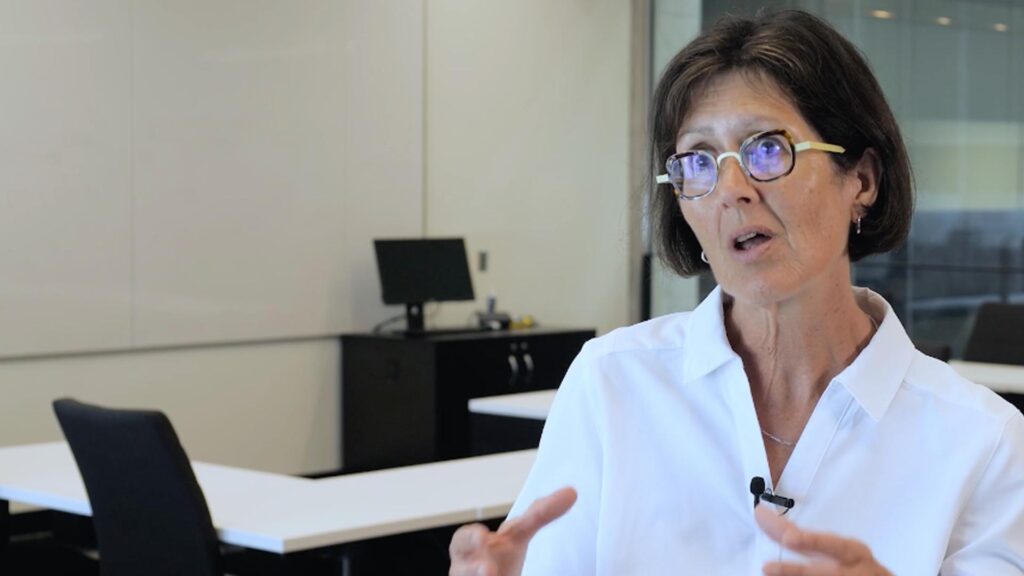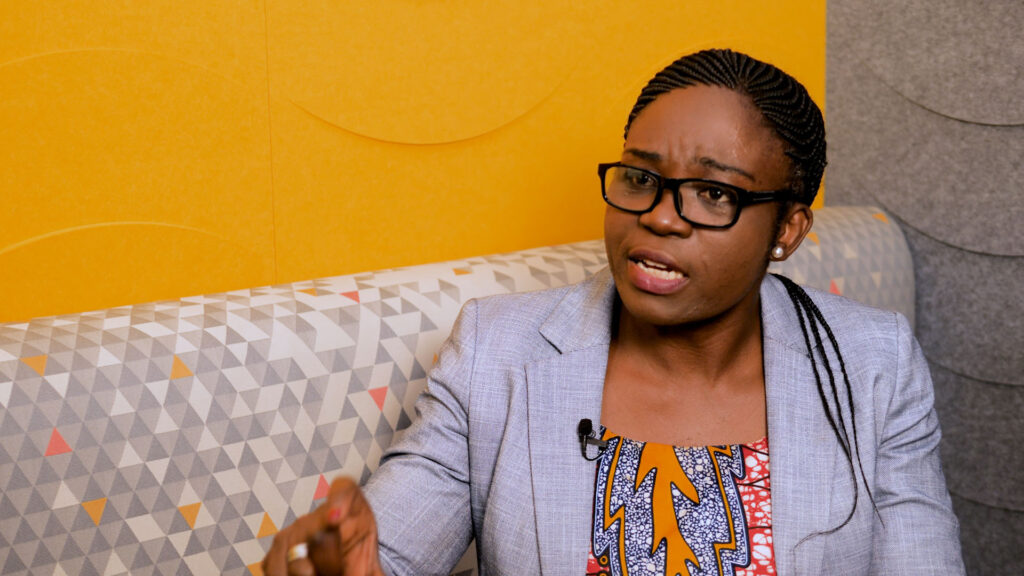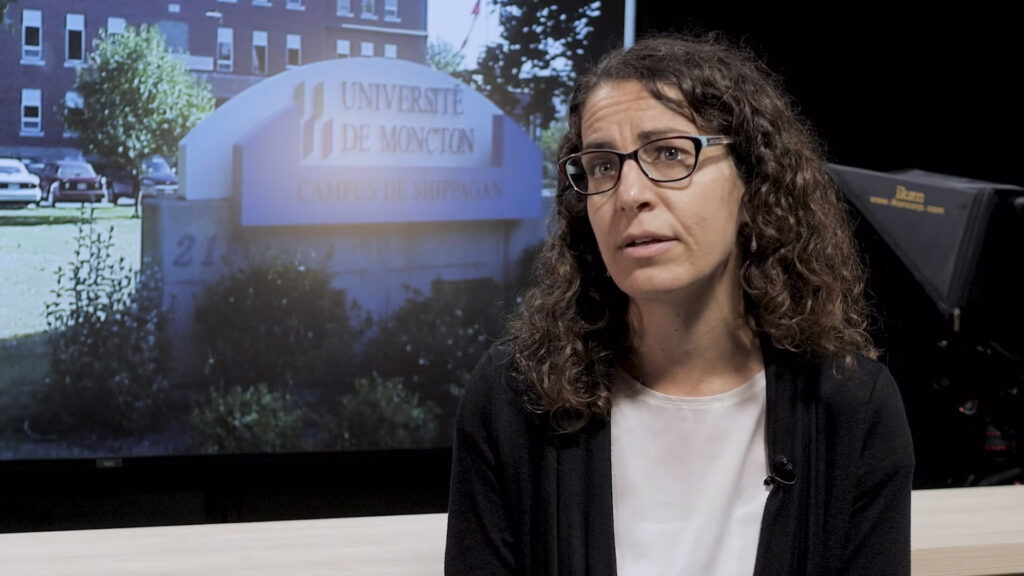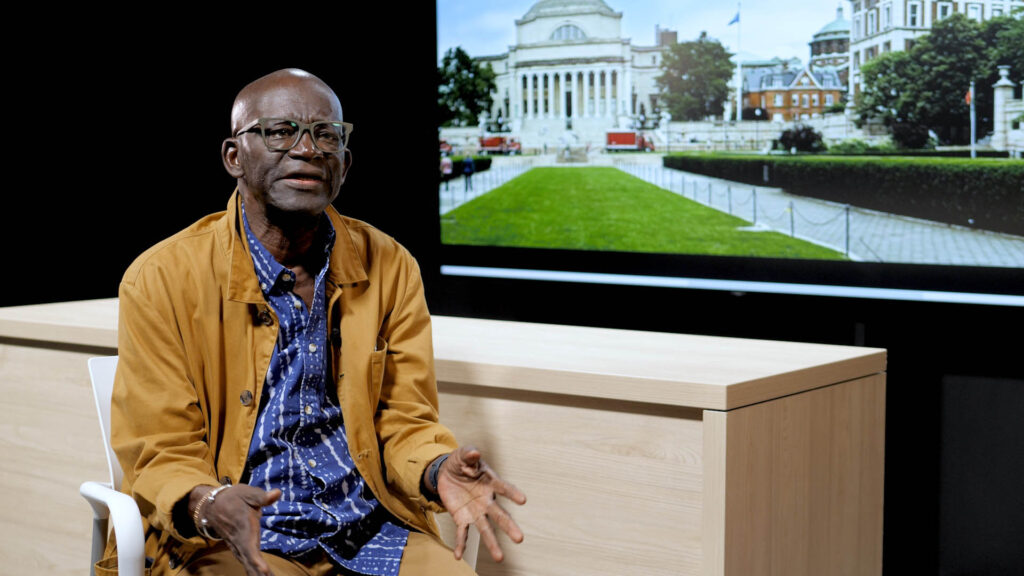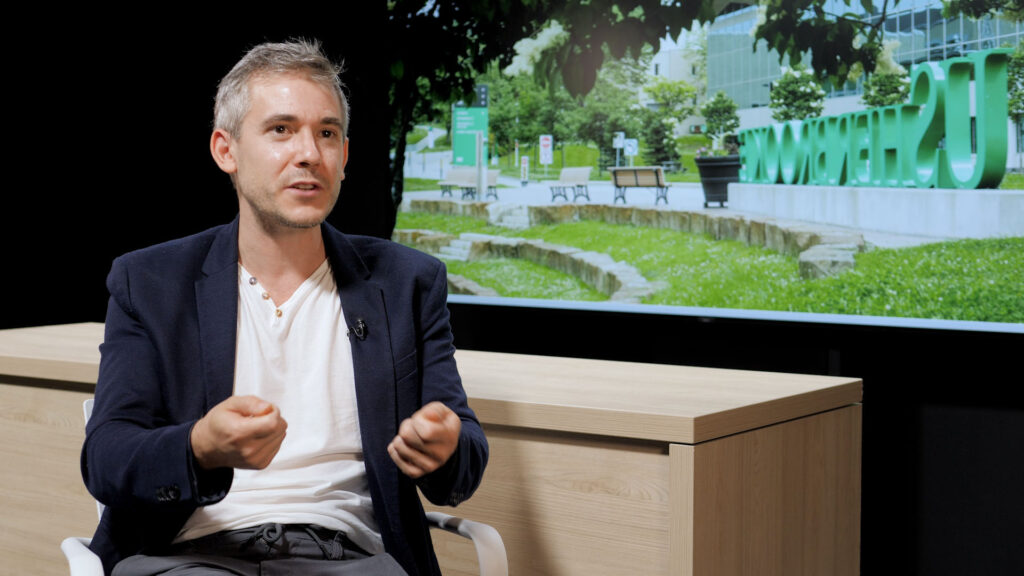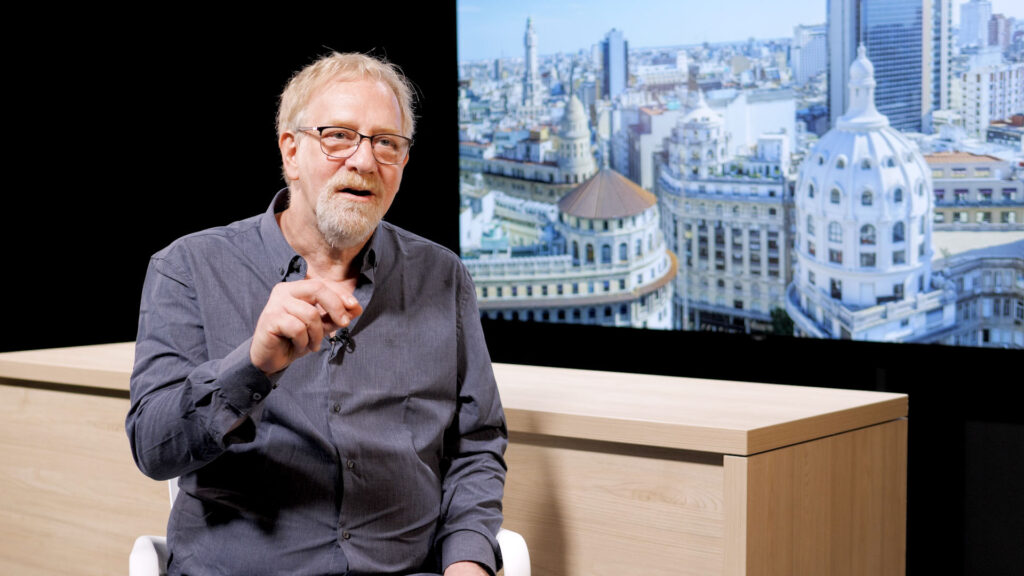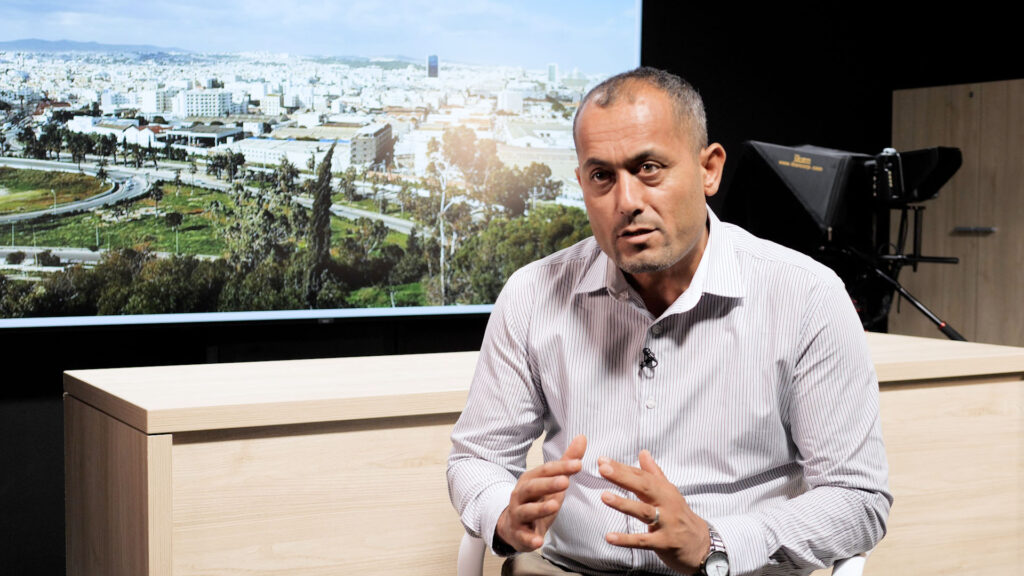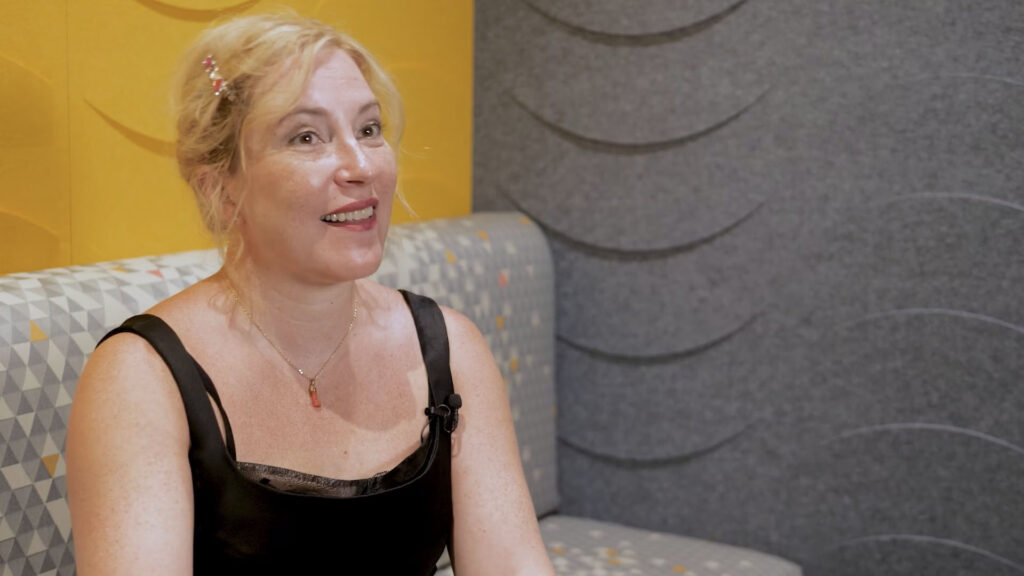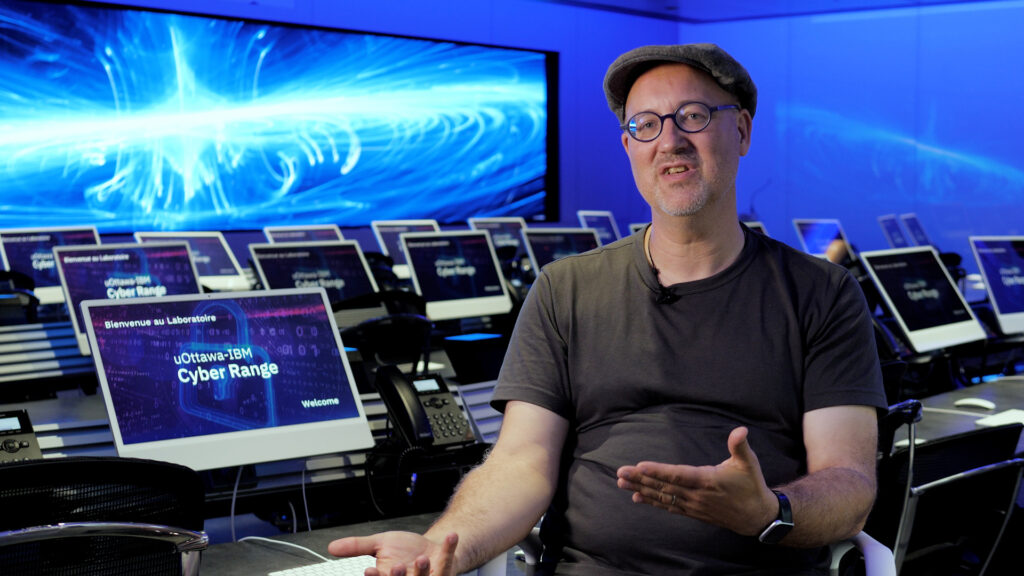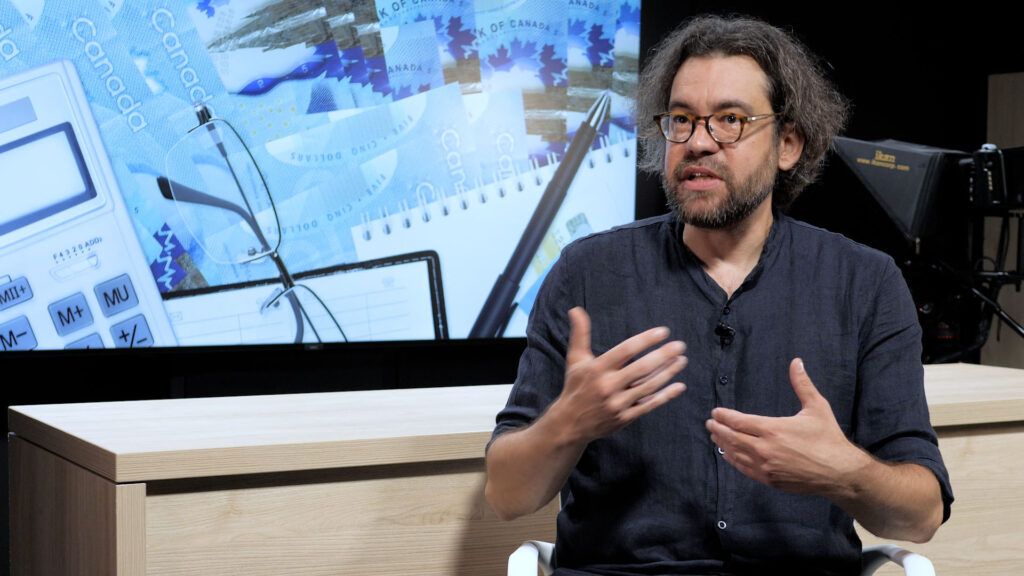In July 2024, the University of Ottawa hosted the XXII Congress of the International Association of French-speaking Sociologists (AISLF). Titled "Sciences, Knowledge, and Societies," the Congress brought together over a thousand French-speaking and Francophile scholars to collectively reflect on issues such as the loss of legitimacy of scientific knowledge, transformations in the production and dissemination of knowledge, the role of experiential and practical knowledge, the challenges posed by technology, and the status of French as a scientific language.
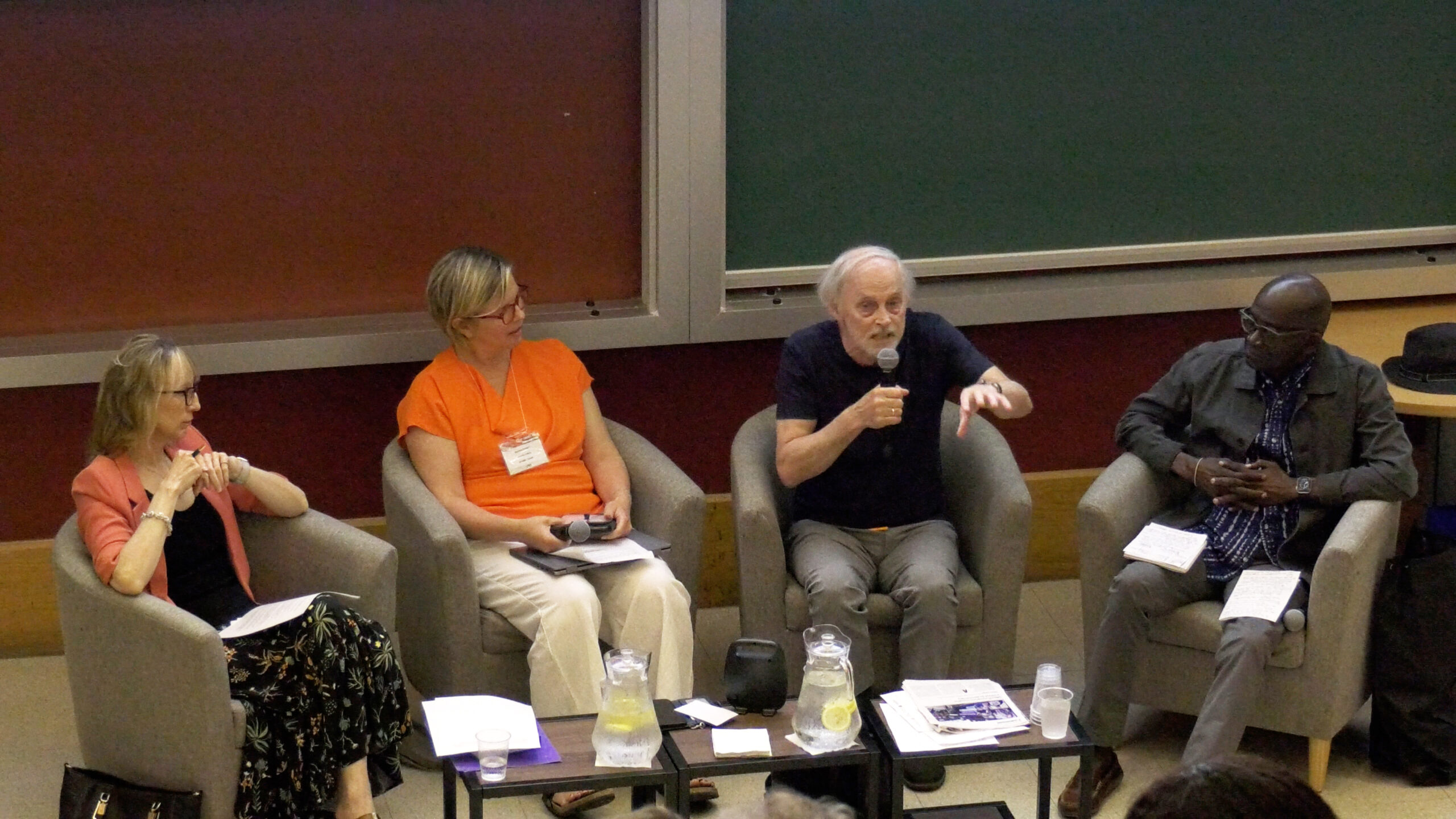
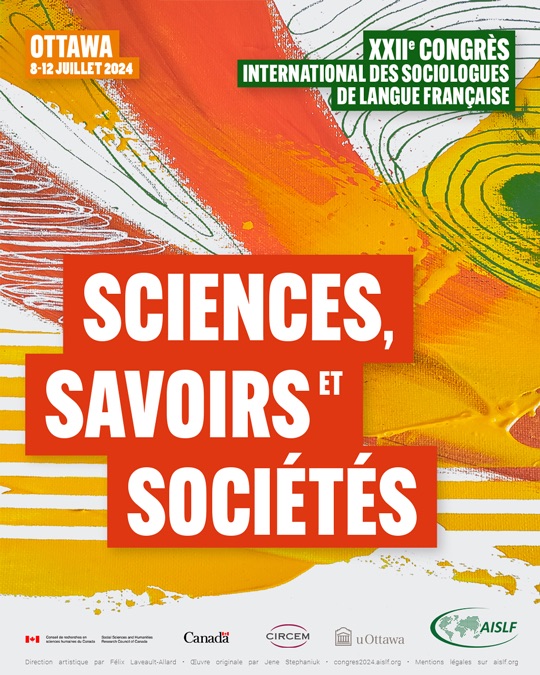
In collaboration with the Interdisciplinary Research Center on Citizenship and Minorities (CIRCEM), eleven interviews were conducted with sociologists who participated in the plenary sessions of the Congress. The interviews explore, among other topics, their journey as sociologists, their research interests, and their perspectives on some of the key issues discussed during the Congress.
Visual posts on the theme of sciences, knowledge and societies
"What can we learn from the transformations in the production and dissemination of scientific knowledge? Are we truly witnessing a crisis of legitimacy in scientific knowledge, and if so, what are its effects? How can we characterize the respective roles of different forms of knowledge? And what are our responsibilities as scientists in our societies? "
Patrice Corriveau et Stéphanie Gaudet, co-organizers of the XXII AISLF Congress
Congress' Plenary Sessions
Watch a replay of the plenary sessions from the XXIIᵉ Congrès international des sociologues de langue française.
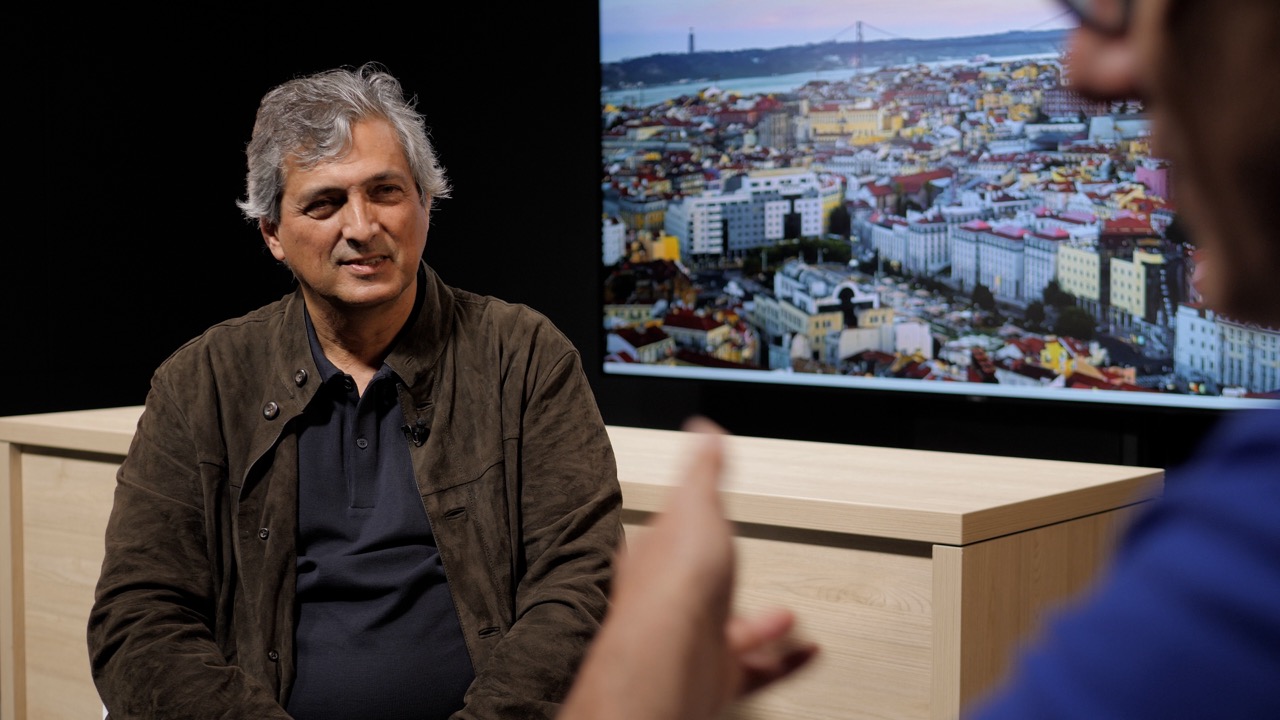
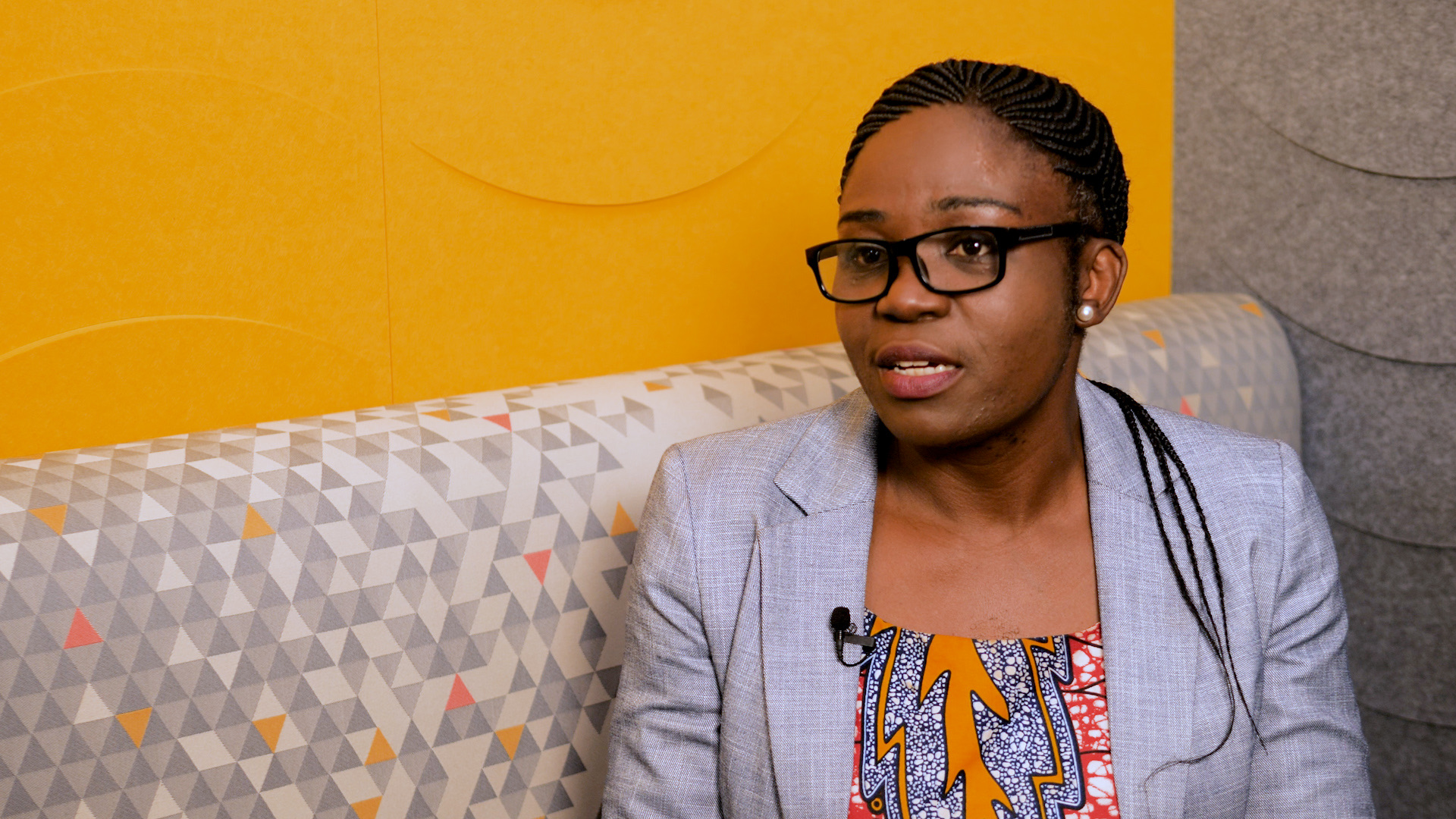
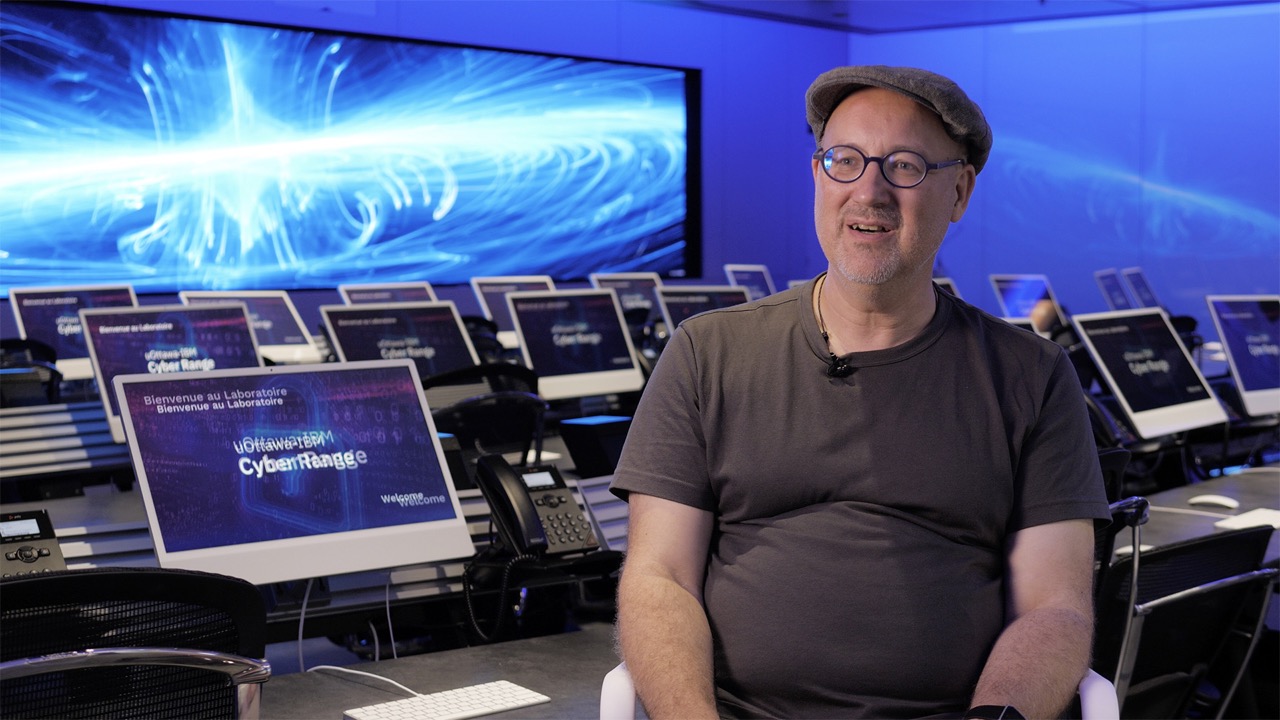
Stay up to date with our latest publications.
Have a question or a problem?

